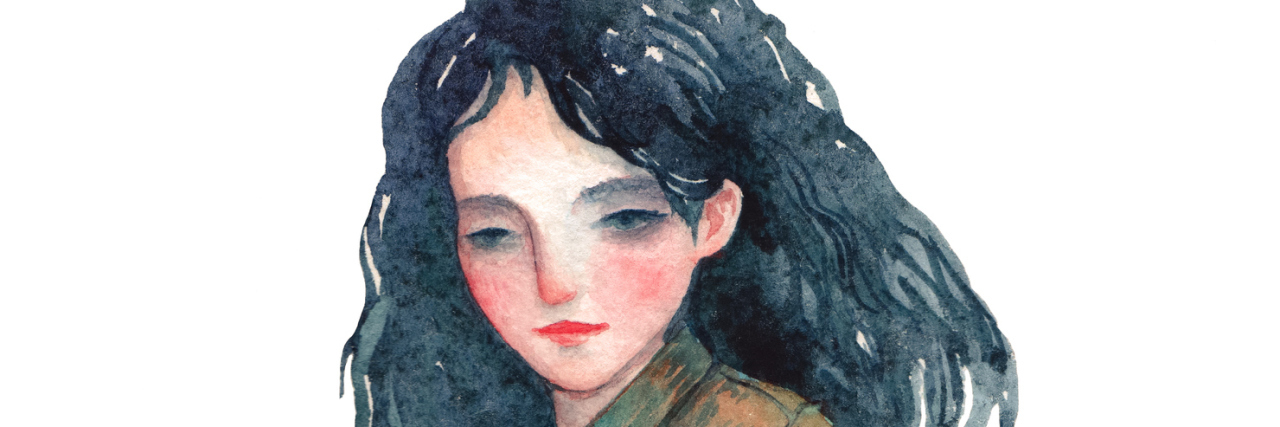When I was 15, I began flirting with bulimia. Slowly, we danced and became acquainted with one another until eventually, she looked me in the eye and had a full grip on my every move — holding me captive for over a decade of my life.
Being 28 now, the demons inside still taunt me while I’m fighting to rid the voices of such a horrible disorder I am brainwashed to love. Only those who have experienced bulimia nervosa can understand the blend of both comfort and disdain “she” brings.
And for those bystanders who look at us doe-eyed with concern for our well-being, wanting us to get better, this is an explanation for you on why recovery is so difficult when we are truly trying so hard. There are a few things you need to understand.
1. I’m not doing this to be thin.
I know you think I’m pretty and I don’t need to “lose weight.” I also know for a fact that some people who suffer from bulimia are typically “average” or “overweight” if they fall into a strong binge-purge cycle of eating. Believe me, I know all of this. You don’t need to remind me.
2. This eating disorder has been the most constant thing in my life.
For as long as I can remember, this eating disorder has been in my life — through relationships with significant others, parents splitting up, big accomplishments and failures, moving in and out of houses, making and breaking up of friendships, heartaches, abusive relationships, all of it. Bulimia has been there as a safety blanket and comforter.
In a way, it has become an invisible best friend to see me through it all. It never left my side, whether I wanted her to leave or not.
3. The existence of the disorder is really not our fault.
While it may have stemmed from earlier experiences in our lives, the persistence of an eating disorder is out of our hands now. It has manifested into this compulsive lifestyle through our own habits and familiarity with the ongoing cycle an eating disorder brings.
4. I know I have friends and family who care about me.
You don’t need to hold my hand and tell me you’re here for me. I already know that — I do.
I’m not using bulimia to rebel against my family or my friends, at least not anymore. I love all of you too. I want you as safe and healthy as you want me to be.
I’m also aware of the health issues and possible major effects “she” brings so I am trying. I really am.
5. I am trying, even when I relapse.
Even at my worst, I’m still aware of my progress, or the lack thereof. I’m still trying every day. Each sundown that passes where I’ve messed up, I look hopeful to the next day where it will be better and I can put this old unhealthy “companion” behind me.
Thank you for loving me during the good and the bad times. Here’s to a better tomorrow.
Getty Images: Juliia Tochilina

